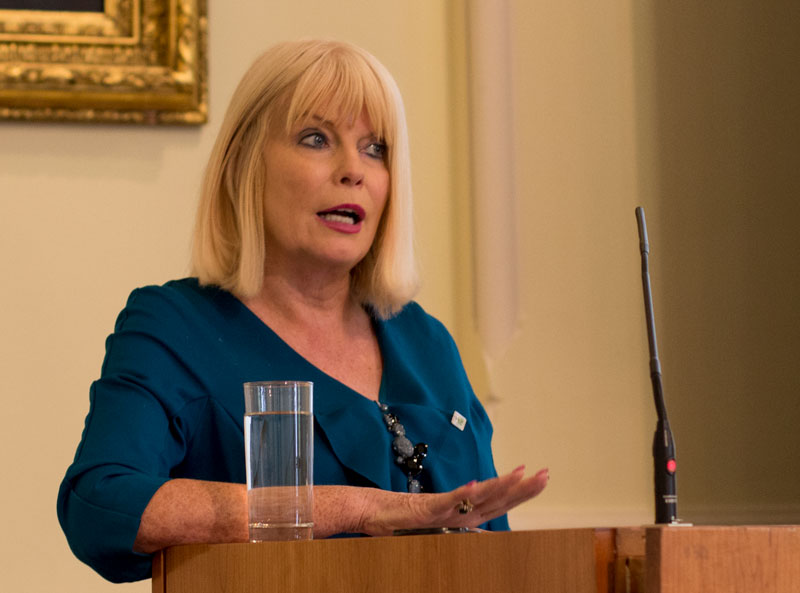The government today announced the creation of nearly 3,000 new places on 138 undergraduate courses in “key skills areas” such as science and technology, with €24 million funding allocated through Human Capital Initiative.
Today, 22 third-level institutes received investment in order to create new places on courses deemed “high priority” by the government, including information and communication technologies and software development.
The funding, which will see 2,745 new places created, was allocated after a competitive funding call that saw a focus placed on dealing with “the challenges of the future”.
None of the funding was allocated to courses in the arts or humanities, figures released by the government show, while 562 new places – 20 per cent of the overall total – are concentrated in the area of software and applications development and analysis.
The funding will see 91 new places created on four courses in Trinity. Dundalk IT received the biggest number of additional places – 498 across 20 courses – while University College Dublin will create 318 new places in 13 of its courses.
In a press statement, Minister for Education Joe McHugh said: “We know where the demands are for highly educated, qualified graduates. And this investment is responding directly to that need.”
McHugh added: “There is a future focus to many of the courses, like robotics and intelligent devices, digital healthcare, building services and renewable energy.”
“Government is looking to tomorrow; our education system is backing the vision; and our universities and colleges are answering the call to prepare students with better skills for a changing world of work”, he said.
Third-level institutes will receive €2,500 for each extra place provided on “target courses”.
Minister for Higher Education Mary Mitchell O’Connor said: “This generation will cope with more complex problems than any before them”, adding that “students deserve the widest choice and the best opportunities to help prepare them for the future”.
“I am determined that we will continue to develop our programmes and work with enterprise to ensure that our graduates are among the best prepared and equipped to meet our future challenges”, she said.
The Human Capital Initiative will see €300 million allocated to higher education’s “target areas” over the coming five years – €60 million per year. It was announced this year as part of the budget, which also allocated €74 million to higher education under the National Training Fund.
It came as part of a government approach to higher education funding that has seen an increasing focus placed on jobs in science, technology and innovation in recent years.
This year’s budget fell well short of the €117-million funding increase called for by the Irish Universities Association (IUA) in its pre-budget submission, and did not meet the €600 million identified by the 2016 Cassells report as a necessary investment by 2021 in order to safeguard universities’ future.
The government has consistently refused to act on any of the recommendations made in the Cassells report. In November, the Irish Independent reported that it had appointed a group of financial management consultants on a 12-month contract, making it unlikely that any funding proposals for the sector would be ready for the next general election.







